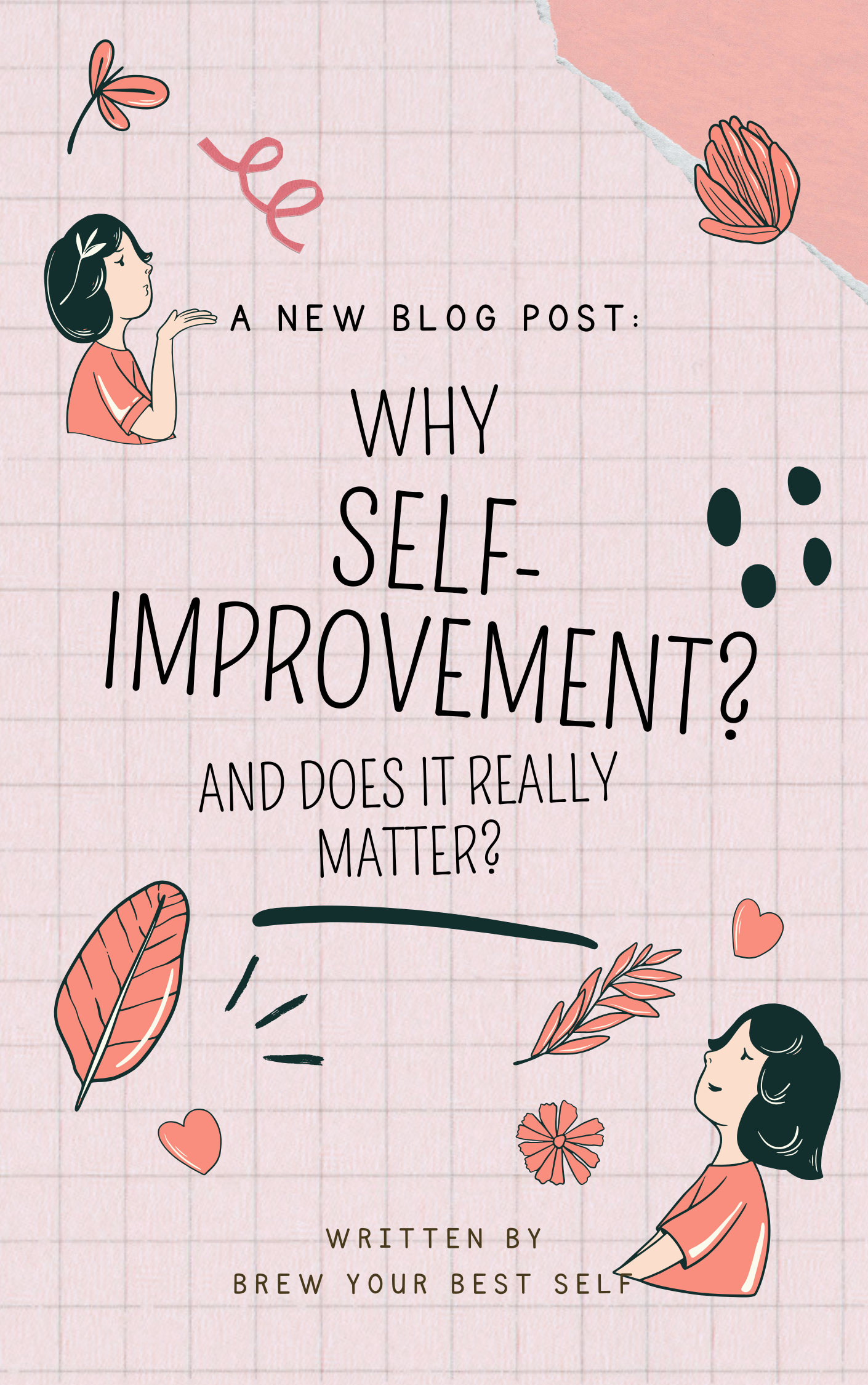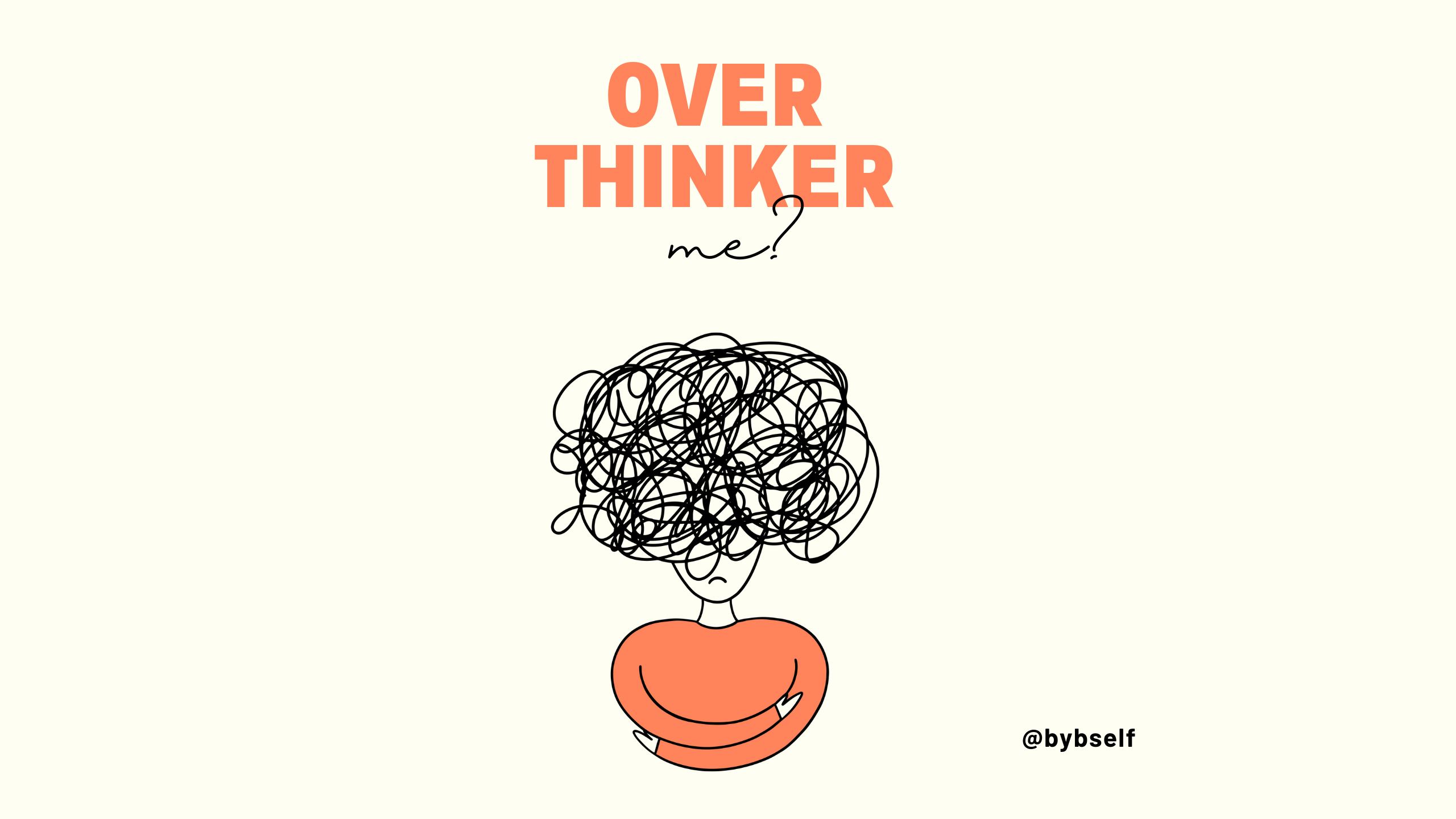Do you ever find yourself trapped in a cycle of endless thoughts, unable to quiet your mind? Overthinking can create unnecessary stress, anxiety, and self-doubt, leaving you feeling overwhelmed and stuck. But what if you could break free from this mental maze and regain control of your thoughts? In this guide, we’ll explore powerful, actionable steps to help you overcome overthinking and reclaim your mental clarity. Whether you’re struggling with decision fatigue, worry, or the constant barrage of intrusive thoughts, these strategies will empower you to take charge of your mind and cultivate a sense of calm and focus. Let’s dive into the transformative steps that can help you move from Overcoming Overthinking:
1. Acknowledge Your Overthinking
The first step in stopping overthinking is simply recognizing that you’re doing it. Many of us get caught up in our mental loops without even realizing it, allowing our thoughts to go unchecked. When you catch yourself spiraling, pause and acknowledge that it’s happening. This simple act of recognition can be the first step in regaining control over your thoughts.
2. Challenge Negative Thoughts
Overthinking often comes hand-in-hand with negative thought patterns, which can leave us feeling stuck. Ask yourself: Are these thoughts based on facts or assumptions? Are they helpful? Replacing negative thoughts with more realistic or positive alternatives is key to stopping the cycle.
3. Practice Mindfulness and Meditation
One of the most powerful tools to stop overthinking is mindfulness. By focusing on the present moment, you can silence the constant chatter of your mind. Practice incorporating mindfulness and meditation into your daily routine, helping you stay grounded and aware of your thoughts without getting swept away by them.
4. Write It Down
Overthinking often involves repetitive thoughts that can feel overwhelming. Research suggests writing down your thoughts as a way to declutter your mind. Journaling allows you to process your emotions, gain clarity, and take action. It’s also a great way to release pent-up anxiety and relieve stress.
5. Set Time Limits for Problem-Solving
When overthinking leads to excessive problem-solving, it can become counterproductive. Research recommends setting a time limit for tackling a specific issue. Give yourself 10-15 minutes to brainstorm solutions and then move on. This practice prevents you from falling into endless cycles of “what if” and helps you focus on actionable steps.
6. Practice Deep Breathing Techniques
Overthinking often triggers physical symptoms of stress, like a racing heart or shallow breathing. To combat this, emphasizes the importance of deep breathing exercises. By slowing down your breath and calming your body, you can reduce anxiety and help your mind reset.
7. Shift Your Focus to Something You Can Control
Overthinking often arises when we focus on things that are out of our control. Instead, shifting your attention to what you can control — your actions, mindset, and response to situations. This empowers you to take meaningful steps rather than getting caught in an endless cycle of worry.
8. Limit Your Information Intake
We live in an age where information is constantly bombarding us from all directions. This overload of information can contribute to overthinking. Reduce your exposure to unnecessary news, social media, and other distractions. By creating boundaries around your information intake, you can free up mental space and reduce the risk of overthinking.
9. Practice Gratitude
When you’re caught in a negative spiral, it’s hard to see the good around you. Practicing gratitude as a way to shift your mindset. By focusing on the things you’re grateful for — no matter how small — you can change your perspective and start to let go of the negativity fueling your overthinking. Writing on your journal helps to declutter your mind.
10. Visualize Your Goals
One of the most effective ways to combat overthinking is to focus on what you want to achieve. Psychologist advises using visualization techniques to imagine yourself succeeding in your goals. When you can see the desired outcome clearly, it becomes easier to take focused, decisive actions rather than getting stuck in the mental quagmire of overthinking.
Here are some great books you can read to overcome your overthinking.
Conclusion: Break Free from Overthinking
Overthinking can feel like an insurmountable obstacle, but with the right strategies, you can reclaim control over your mind. “Stop Overthinking” book provides you with 23 practical techniques to help you break free from negative spirals, declutter your thoughts, and stay focused on the present. Whether you’re struggling with anxiety, stress, or just the constant noise in your head, this book offers valuable tools to help you live more intentionally and with a clear, peaceful mind.
If you’re ready to stop the endless cycle of overthinking and start living with more clarity and focus, “Stop Overthinking” is the perfect resource to guide you on that journey.
Take control of your mind today — your future self will thank you.
Note: This post contains affiliate links. If you purchase the book through these links, we may earn a small commission at no additional cost to you. Thank you for supporting this blog!





Leave a Reply